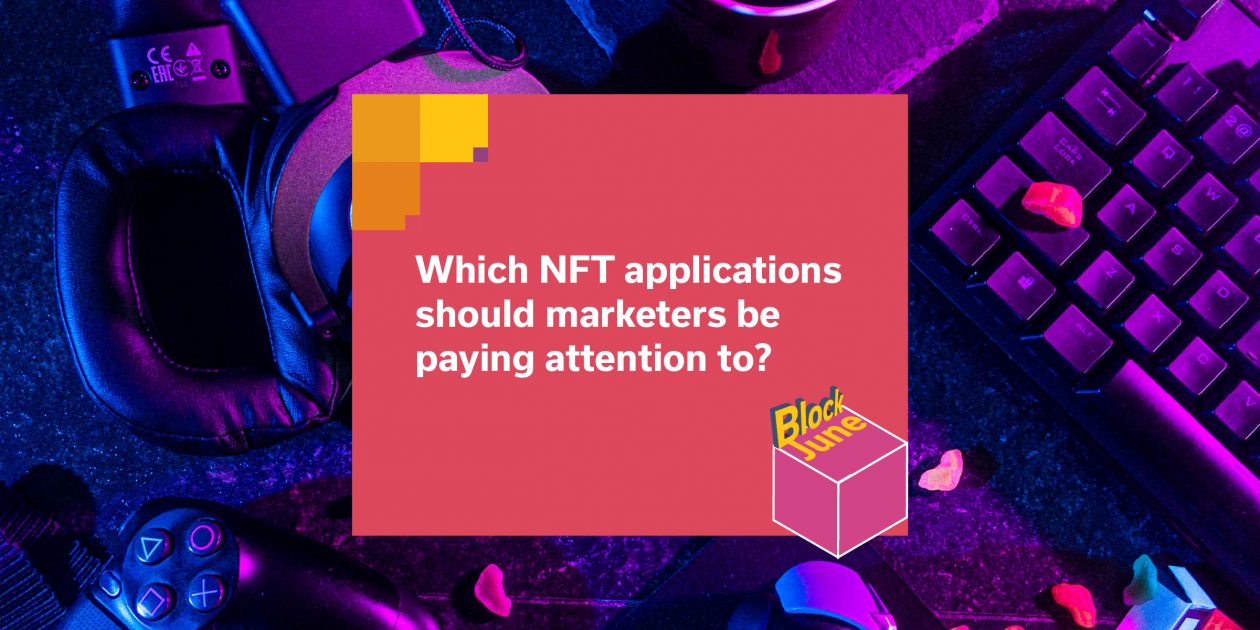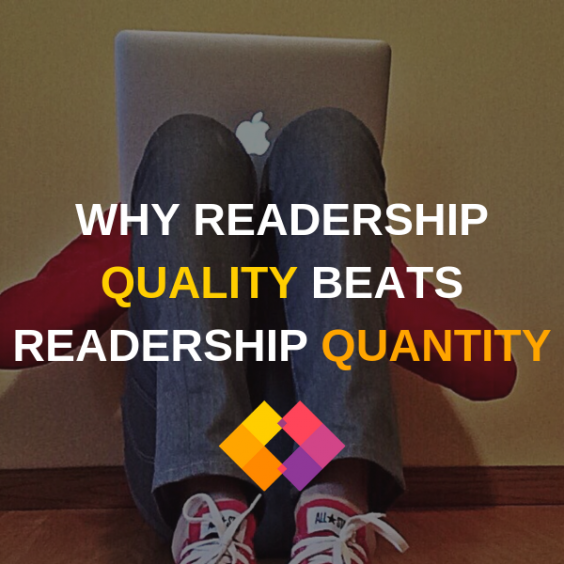At the lorries, we’re working with more and more b2b tech brands that are building tools and platforms to help bring NFTs into the mainstream (if you’re not sure what an NFT is, check out this article). From supply chain to securities, there are plenty of potential applications for NFTs (not just selling pictures of memes on the internet or expensive digital artworks).
One of the many ways brands are using NFTs is to enhance their marketing strategy. Like it or not, the past year has proven that NFTs can benefit any brand looking to build loyalty, engagement, and a long-term connection with its target audience.
Here are just some ways that marketers can harness the power of NFTs.
Gaming
Do NFTs have any relation to gaming? Not at first glance, since they were originally designed for the purpose of transferring ownership of specific works of art. Still, some smart brands and games developers – both large and small – have managed to jump on this craze.
From “skins” to clothing and even furniture, there’s now significant appetite among gamers to pay real-world money (or cryptocurrency) for virtual luxury goods sold as NFTs. Since each NFT has a unique identifier stored on the blockchain, every virtual handbag, trainer or hat can be authenticated as the genuine article – just like the authenticity certificates that come with physical designer products. Gucci alone has collaborated with Roblox, Pokémon Go and even Sims 4.
When it comes to branded in-game NFTs, there are clear marketing advantages for luxury brands in terms of attracting a new, younger audience and positioning themselves at the forefront of fashion innovation.
Ticketing
As lockdowns have lifted, artists and events organisers have been hit by a new challenge – outdated ticketing systems. Just look at the chaos that ensued at last month’s Champions League final. Whilst decentralised ticketing – where each ticket is minted as an NFT – isn’t an entirely new concept, it provides the most efficient and effective way for the live events sector to eliminate counterfeiting and reduce the ’scalping‘ market by controlling prices and sales.
However, implementing NFTs for ticketing also carries significant marketing benefits. For instance, artists can airdrop rewards to NFT-ticketholders, further enhancing the fan-artist relationship. Alternatively, when it comes to highly in demand sports events like boxing matches or the Superbowl, NFT tickets could be resold after the event as collectables – creating lasting marketing impact.
Looking ahead
As a marketer, understanding NFTs will prove crucial in the coming years.
NFTs aim to create tailor-made value for specific end-users and foster lifelong relationships. As such, we can expect them to become increasingly prevalent. It’s likely that even smaller businesses will start developing NFT marketing campaigns to excite their customers and target audience.




